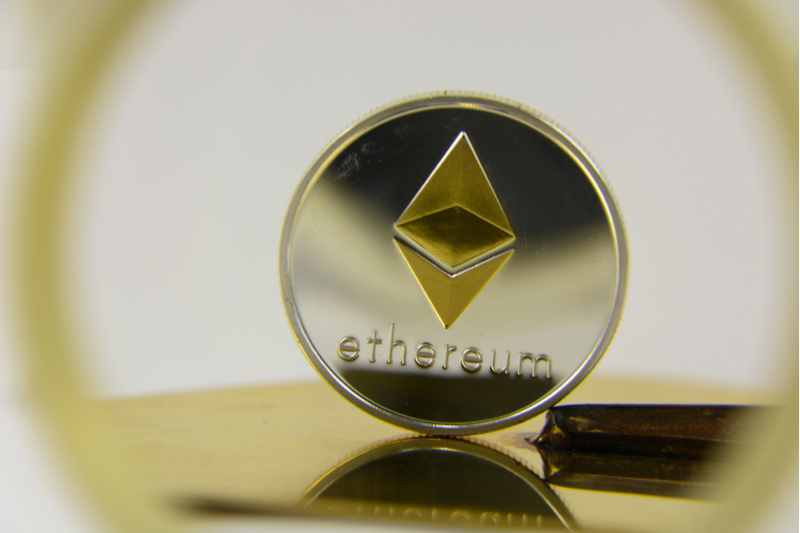U.Today - The recent behavior of (ETH) on the market and its deflation have gathered the attention of many crypto traders and investors. Since December 2022, the supply of Ether has been on an upward trajectory. Several factors have contributed to this inflationary trend in . Notably, the decreased transaction fees, paired with an increased daily issuance, have accelerated the rise in ETH's supply.
The provided graphical representation highlights Ethereum's deflationary trend, juxtaposed with its network activity. An analysis of this chart brings forth some striking revelations. The burn rate is currently at 402K ETH per year, indicating that while transactions are ongoing and fees are being paid, a significant portion of Ether is being destroyed or "burned" but it is still not enough.
Source: On the other hand, the supply growth shows an increase of 0.36% over a 30-day time frame. Moreover, the issuance sits at 834K per year, which underscores the increasing creation of new Ether in the ecosystem.
However, even with these factors pushing Ethereum toward an inflationary stance, it is crucial to note that the net issuance for Ethereum stands at a mere 0.44% annually. When juxtaposed with Bitcoin's inflation rate, Ethereum's figure is still considerably lower.
From a pricing perspective, has recently faced some challenges. The cryptocurrency has seen a retreat below the $1,600 mark, sparking concerns among investors and traders. With the current trajectory, Ethereum's price is inching closer to the critical $1,400 support level, which historically played a pivotal role in March as a point of trend reversal.
For now, Ethereum's price movement indicates downward pressure. While it is showing some resilience around the $1,575 zone, the continuous testing of this support suggests a potential breakdown. If ETH fails to maintain this stance, the road toward the $1,400 mark might be its next destination.
